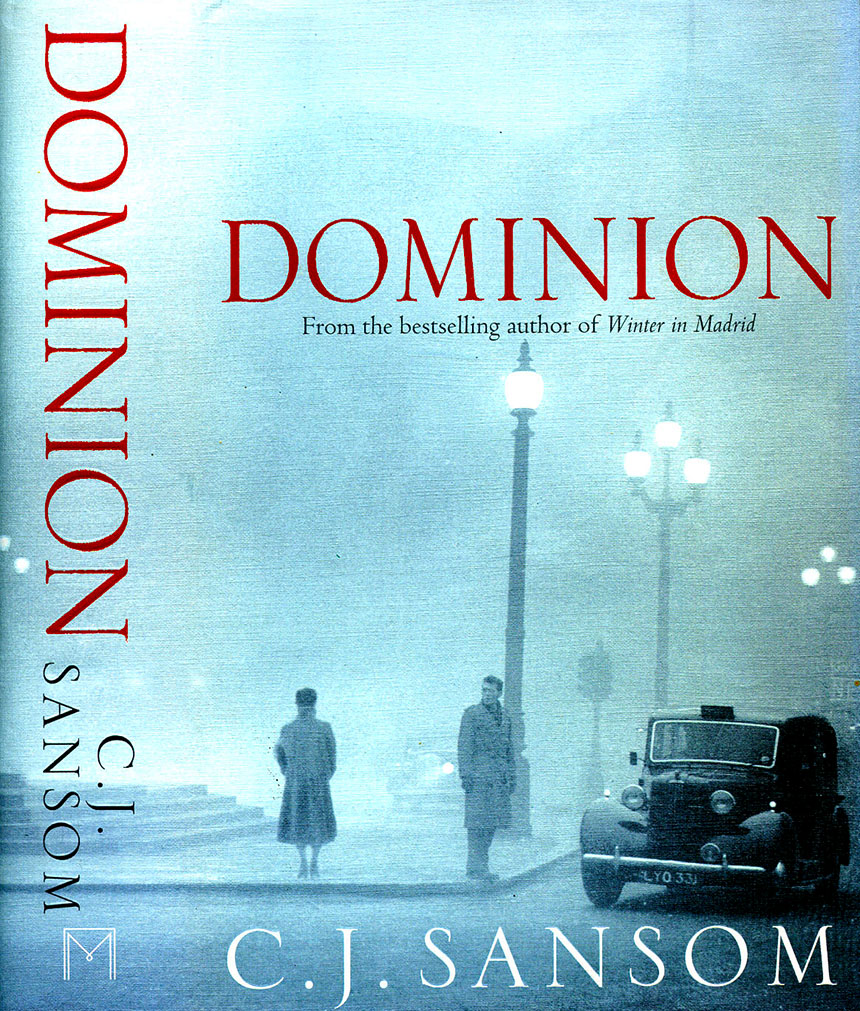
I never thought I’d find another postwar novelist whom I like as much as I like Winston Graham (the Poldark novels). But I now put C.J. Sansom in that category, and, as with Winston Graham, I’ve read almost everything he wrote.
In only a few months last year, I read all seven of Sansom’s Shardlake novels. (I wrote about the first novel in that series, Dissolution, here.
There are many things that Winston Graham and C.J. Sansom have in common. For one, they were both superb writers, writers who see writing as only a transparent vehicle for story, as opposed to inflicting upon us some contrived notion of “style.” Their characters are complex, with rich (if conflicted) inner lives. The relationships between the characters are similarly rich and complex. In the Shardlake novels, even Shardlake’s horse has a personality and perhaps an inner life. The plots are superb. The settings become part of the story (Cornwall in the Poldark novels, England from the channel to York in the Shardlake novels). Sansom was a trained historian. His Shardlake novels make the reader feel immersed — hungry, cold, nervous — in Henry VIII’s Tudor England.
Sansom’s Dominion is set in the early 1950s. It’s an alternate history in which Lord Halifax (who wanted appeasement with Germany), rather than Winston Churchill, succeeded Neville Chamberlain as prime minister. Instead of going to war with Germany, this alternative Britain forms a lopsided alliance with Germany in which Britain steadily descends into fascism. Churchill is still there. But he is a leader of the resistance, hunted by the government as a traitor, and goes into hiding.
Dominion was published in 2012. Barack Obama, you will recall, was elected president of the U.S. in 2008 and won a second term in 2012. The United States was not flirting with fascism in 2012. In Britain, David Cameron was prime minister from 2010 until 2016. Though a liberal like me would find many faults with Cameron as prime minister, it’s safe to say that the U.K. was not flirting with fascism at the time any more than the U.S. was. Thus Dominion doesn’t seem to have been written as some kind of warning, like 1984. Rather, Sansom was interested, I think, in what might have happened in 1940 if the proponents of appeasement with Hitler had stayed in power.
Sansom was well aware that there are always fascists among us. This novel really ought to make a comeback — or be made into a movie — because it totally nails the rise of Donald Trump and what fascists do as soon as they get the power to do it. It’s very disturbing reading, really. There were a couple of moments when I had to put the book down for a while and recalibrate my grip on reality, because what happens in the book tracks so closely with what is happening in the U.S. today.
I have only one complaint about the novel. It’s that the denouement was too short, ending as soon as the plot is wrapped up. Many good books need a longish denouement. When we bond with characters, we need a little time to say goodbye to the characters and see them content with what they struggled so hard to gain. I have no idea why Sansom got this wrong in Dominion. Maybe he underestimated just how real and how lovable his characters really are.
